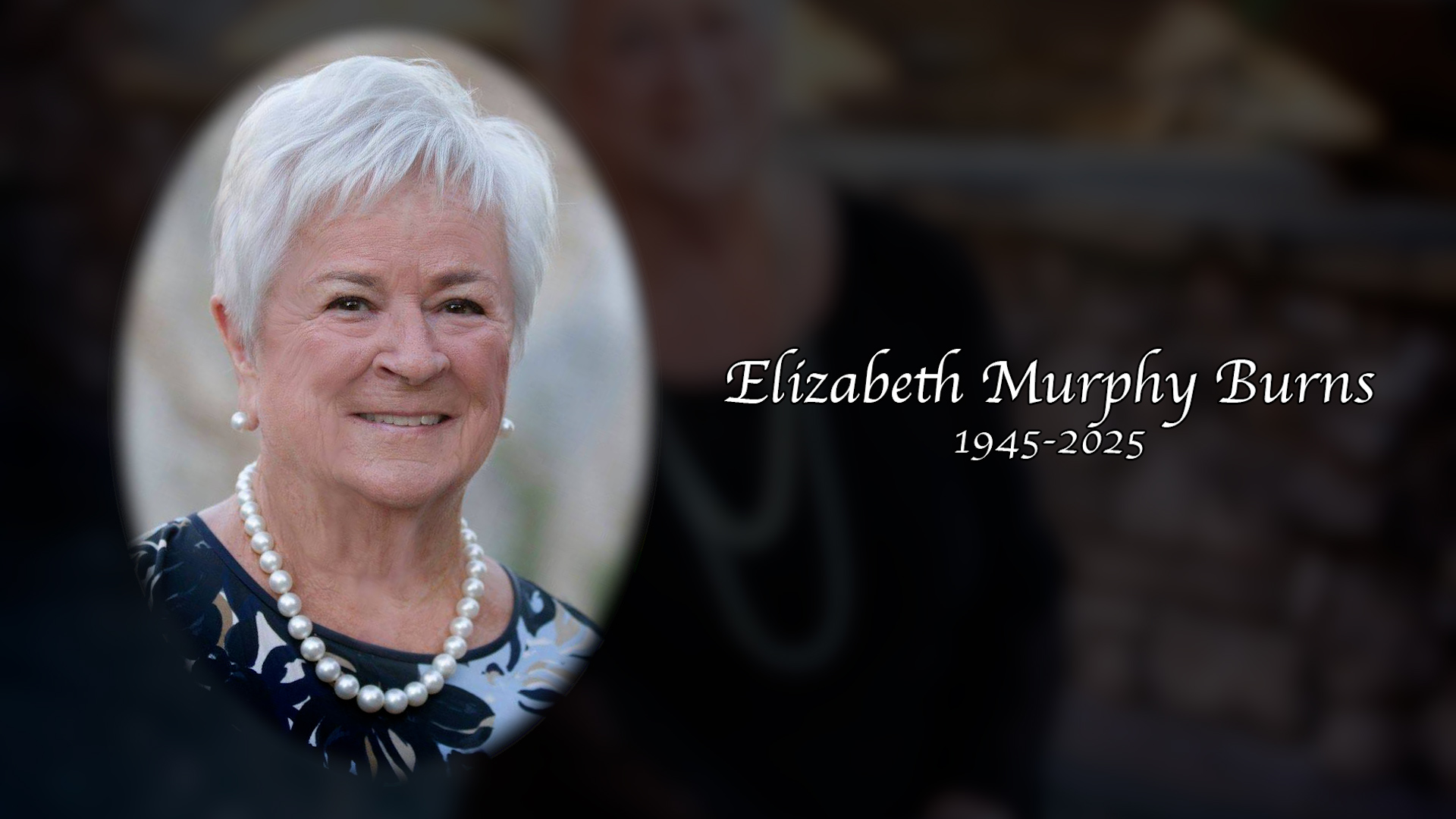FCC Places Freeze On Applications for Channel 51
If you've filed an application to move a low power TV, TV translator, or Class A TV station to channel 51, don't expect any action on it soon. Licensees already on channel 51 should expect an unspecified delay in approval of applications to expand coverage. Any new applications for channel 51 will be rejected by the FCC. This is a result of a General Freeze on the Filing and Procession of Applications for Channel 51 announced on Monday and effective immediately..
The freeze is in response to a CTIA and Rural Cellular Association request. Monday's Notice stated, "the Media Bureau: (1) announces a general freeze, effectively immediately, on the filing of new applications on channel 51 and the processing of pending applications on channel 51; (2) lifts the existing freeze as applied to, and will accept, petitions for rulemaking filed by full power television stations seeking to relocate from channel 51 pursuant to a voluntary relocation agreement; and (3) opens a 60-day window for parties with pending low power television station applications on channel 51 to amend their applications to request an alternate channel assignment."
The FCC said that the freeze was temporary "while we consider the issues raised by the Petitioners and affects only the submission of applications for new or modified facilities. It does not affect existing full power or low power television stations on channel 51." Stations that need to make modifications to change facilities due to loss of an existing facility or for certain other reasons may request a waiver of the freeze.
You may remember that during the DTV transition, MediaFLO provided financial incentives for stations on channel 55 to clear the channel so it could begin operation on the channel prior to the analog shutdown. The FCC is allowing similar negotiated agreements where stations would agree to vacate channel 51 and move to another channel.
Stations given that option may want to consider it if wireless carriers will have portable devices operating on channel 52. In my September RF Technology column I look at interference from a Verizon 4G device operating in the 700 MHz to DTV reception on upper UHF TV channels.
Get the TV Tech Newsletter
The professional video industry's #1 source for news, trends and product and tech information. Sign up below.

Doug Lung is one of America's foremost authorities on broadcast RF technology. As vice president of Broadcast Technology for NBCUniversal Local, H. Douglas Lung leads NBC and Telemundo-owned stations’ RF and transmission affairs, including microwave, radars, satellite uplinks, and FCC technical filings. Beginning his career in 1976 at KSCI in Los Angeles, Lung has nearly 50 years of experience in broadcast television engineering. Beginning in 1985, he led the engineering department for what was to become the Telemundo network and station group, assisting in the design, construction and installation of the company’s broadcast and cable facilities. Other projects include work on the launch of Hawaii’s first UHF TV station, the rollout and testing of the ATSC mobile-handheld standard, and software development related to the incentive auction TV spectrum repack. A longtime columnist for TV Technology, Doug is also a regular contributor to IEEE Broadcast Technology. He is the recipient of the 2023 NAB Television Engineering Award. He also received a Tech Leadership Award from TV Tech publisher Future plc in 2021 and is a member of the IEEE Broadcast Technology Society and the Society of Broadcast Engineers.
